Hardware Repair Services:
Component Replacement: Identifying and replacing faulty hardware components such as:
Hard Drives (HDD/SSD): Repair or replacement due to failure, slow performance, or insufficient storage.
RAM (Memory): Upgrading or replacing faulty memory modules.
Motherboards: Diagnosing and replacing damaged motherboards.
Power Supplies: Replacing failing power supply units.
Graphics Cards (GPUs): Repair or replacement for display issues or performance problems.
Optical Drives (CD/DVD): Repair or replacement.
Laptop Screens: Replacing cracked or damaged laptop displays.
Keyboards and Touchpads: Replacing malfunctioning laptop keyboards or touchpads.
Batteries (Laptops): Replacing worn-out or faulty laptop batteries.
Fans and Cooling Systems: Repair or replacement of cooling components to prevent overheating.
Physical Damage Repair: Addressing issues caused by drops, spills, or other physical trauma (extent of repair depends on the damage).
Overheating Issues: Diagnosing and resolving problems causing computers to overheat, including cleaning, fan replacement, or thermal paste application.
No Power/Boot Issues: Troubleshooting and repairing computers that fail to turn on or boot up correctly.
Peripheral Repair/Replacement: While often a separate service, basic repair or replacement advice for peripherals like mice and keyboards might be included.
Software Repair Services:
Operating System Troubleshooting: Diagnosing and resolving errors, crashes, and performance issues with operating systems (Windows, macOS, Linux).
Software Troubleshooting: Fixing problems with installed applications, including installation errors, compatibility issues, and software conflicts.
Driver Issues: Identifying and resolving problems related to outdated, corrupted, or incompatible device drivers.
Blue Screen of Death (BSOD) and System Crash Resolution: Diagnosing and fixing the underlying causes of critical system errors.
Performance Optimization: Tuning up computers to improve speed and responsiveness by removing unnecessary programs, optimizing startup processes, and cleaning up system files.
Data Recovery: Attempting to retrieve lost or corrupted data due to software errors, accidental deletion, or drive failure (as mentioned as a separate service, but often linked to repair).
Operating System Reinstallation and Upgrades: Performing clean installations or upgrades of operating systems.
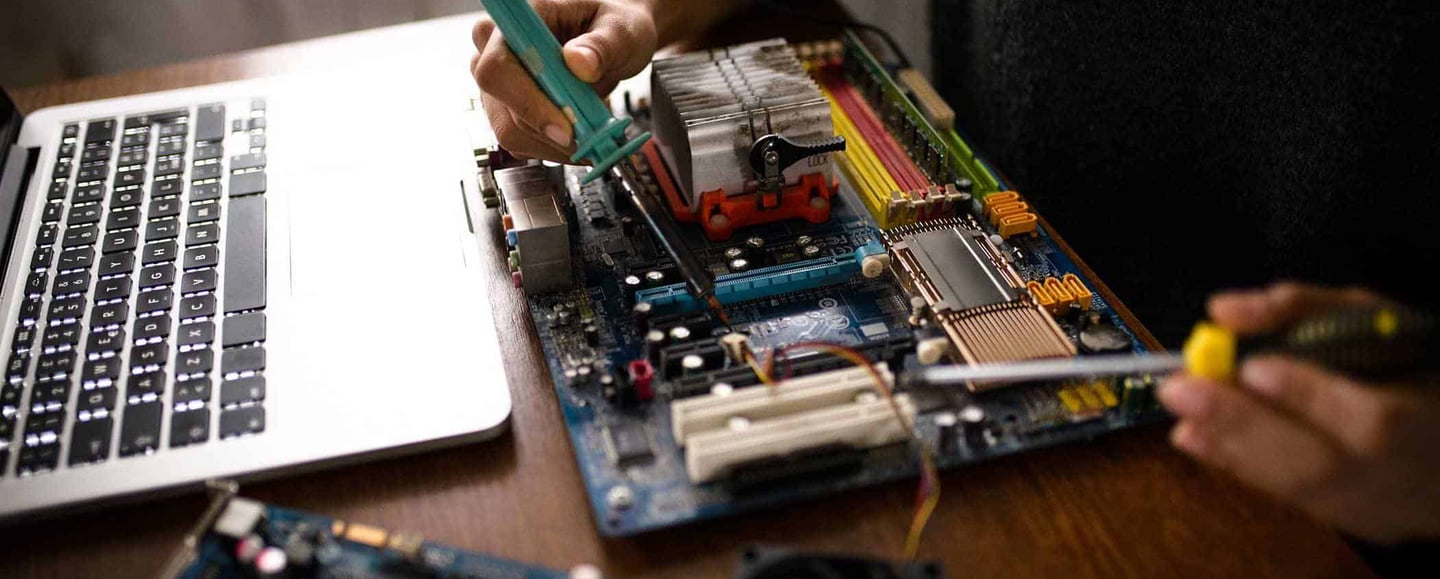

Virus and Malware Removal (as a critical aspect of computer repair):
Identification and Removal: Detecting and eliminating viruses, spyware, ransomware, and other malicious software.
System Cleanup and Restoration: Repairing damage caused by malware and restoring the system to a secure state.
Antivirus Software Installation and Configuration: Helping users install and configure antivirus software for ongoing protection.
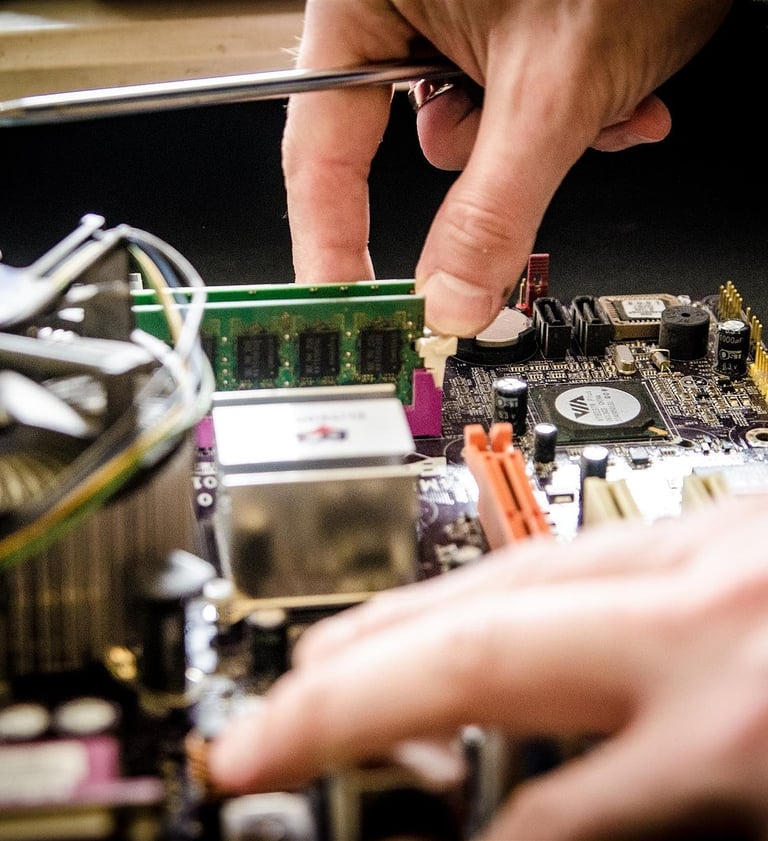

Diagnostic Services:
Comprehensive System Diagnostics: Performing thorough checks of both hardware and software to identify the root cause of computer problems.
Providing Repair Quotes: Offering transparent and accurate estimates for the cost of repairs.
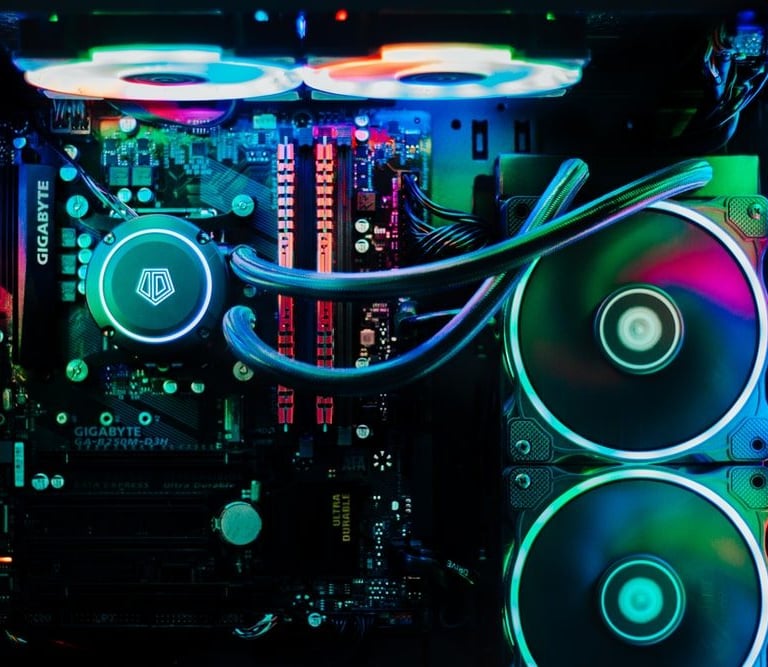

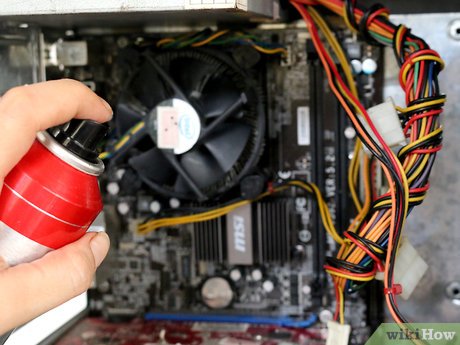

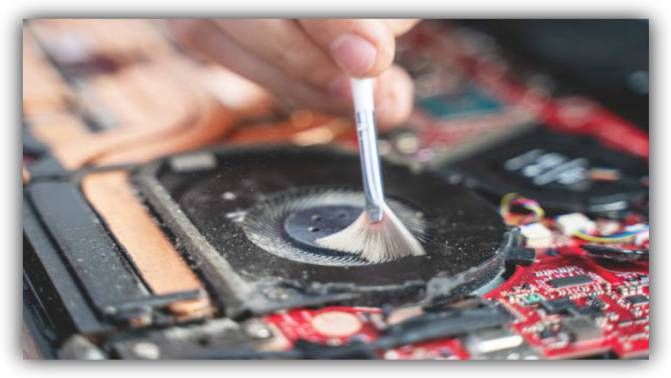

© 2026. All rights reserved by Xtreme Solution Curaçao.
Our Family of Solutions:
Xtreme Solution Curaçao (Main) | Apex Market | Financial Strategies | Marketing Innovation | Tech Solutions
Willemstad, Curaçao
